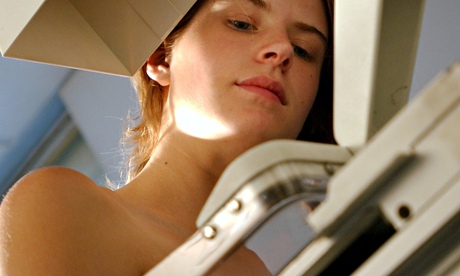One in five people who develop cancer symptoms delay going to see their GP for at least three months, according to new research which has renewed concern about the late diagnosis of cancer.
Experts said the number of people waiting three months was alarmingly high. Calls have been made for public education campaigns to be stepped up to tackle ignorance about what the signs of cancer are.
Among 2,371 cancer patients surveyed in a study published in the British Journal of Cancer, 35% waited at least three months before going to see their GP about bleeding from their anus, while 21% waited that long after experiencing unexplained weight loss, 17% after developing a lump and 9% after finding blood in their urine.
Patients with prostate cancer and rectal cancer were the most likely to delay going to see a doctor, while those with breast cancer were the least likely.
Dr Lindsay Forbes, the co-director of the King's College London early presentation group, which undertook the research, called for greater efforts to improve public recognition of the symptoms of cancer.
"Although a worrying number of patients across society are waiting too long to go to their doctor, those in the most deprived areas are the most likely to delay," Forbes said.
Cancer Research UK, which co-funded the study, said no one with a possible symptom should wait more than three months before seeing their GP.
Mark Flannagan, the chief executive of Beating Bowel Cancer, said: "Bowel cancer is extremely treatable if caught in the early stages: you have over a 90% chance of being successfully treated. However, this worrying lack of awareness of the symptoms means that too many people delay seeking help until it's too late."









